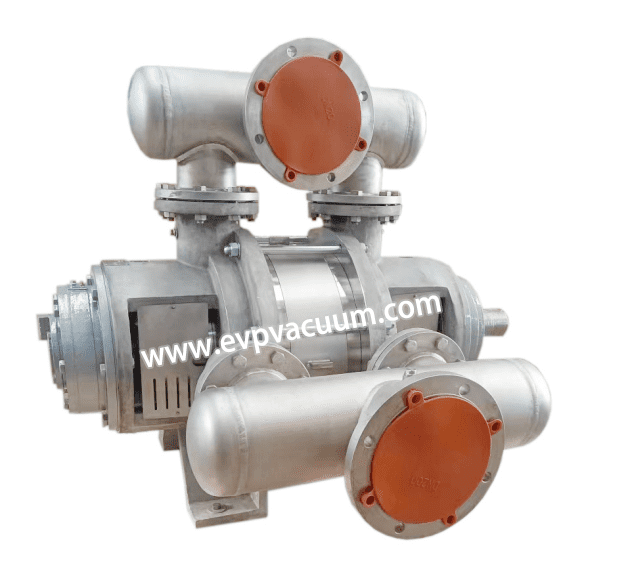Does the operation of the hydrogen compressor meet strict environmental requirements, such as noise and exhaust emissions?
Against the backdrop of global pursuit of sustainable development and environmental protection, hydrogen, as a clean energy source, is increasingly being used. As a key equipment in hydrogen storage, transportation, and use, whether the operation of hydrogen compressors meets strict environmental requirements, especially in terms of noise and exhaust emissions, has become an important issue of concern.
Firstly, let’s explore the issue of noise. During the operation of a hydrogen compressor, the movement of mechanical components and the flow of gas can generate a certain amount of noise. If the noise is too loud, it not only causes noise pollution to the surrounding environment, but may also affect the lives and work of nearby residents. In order to meet environmental requirements, modern hydrogen compressors are usually designed and manufactured with a series of noise reduction measures. For example, optimizing the structure of the compressor to reduce the impact and friction between moving parts; Using soundproof materials to wrap the body and reduce the transmission of noise; Silencers can reduce the noise generated during gas emissions. Through these technological means, the operating noise of hydrogen compressors can be effectively controlled within the specified range, reducing the adverse effects on the environment and human activities.

Next, let’s take a look at exhaust emissions. Hydrogen itself is a clean energy source, and the combustion products are only water, which does not produce the exhaust pollutants caused by traditional fossil fuel combustion. However, during the operation of hydrogen compressors, a small amount of oil and gas mixture may leak due to problems with lubrication systems, sealing components, etc. In addition, if the driving energy used by the compressor is non clean energy, such as fuel engines, exhaust emissions may also occur. In order to meet strict environmental standards, on the one hand, it is necessary to improve the sealing performance of the compressor and reduce oil and gas leaks; On the other hand, when choosing a driving method, priority should be given to electric drive or engines that use clean energy to reduce exhaust emissions from the source.
Taking an actual hydrogen refueling station as an example, the hydrogen compressor inside the station uses advanced noise reduction technology and strict sealing measures to not only control the noise at an acceptable level in the surrounding environment, but also achieve almost zero exhaust emissions. This not only protects the local ecological environment, but also creates a quiet and clean living space for surrounding residents, and sets a good environmental example for the widespread application of hydrogen energy.
However, ensuring that hydrogen compressors always meet strict environmental requirements during operation is not something that can be achieved overnight. This requires compressor manufacturers to continuously innovate and improve their technology to enhance the environmental performance of their products; At the same time, relevant departments also need to strengthen supervision, formulate and improve strict environmental standards and testing mechanisms, and rectify or eliminate equipment that does not meet the requirements.
In short, whether the operation of hydrogen compressors can meet strict environmental requirements in terms of noise and exhaust emissions is related to the sustainable development of the hydrogen energy industry and the overall environmental quality of society. Only through technological progress, strict supervision, and joint efforts of all parties can hydrogen compressors truly become environmentally friendly and efficient equipment, and make positive contributions to promoting the widespread application of hydrogen energy and building a beautiful earth.
(The article comes from the Internet. If reprinting is not allowed, please contact our company to delete it.)
